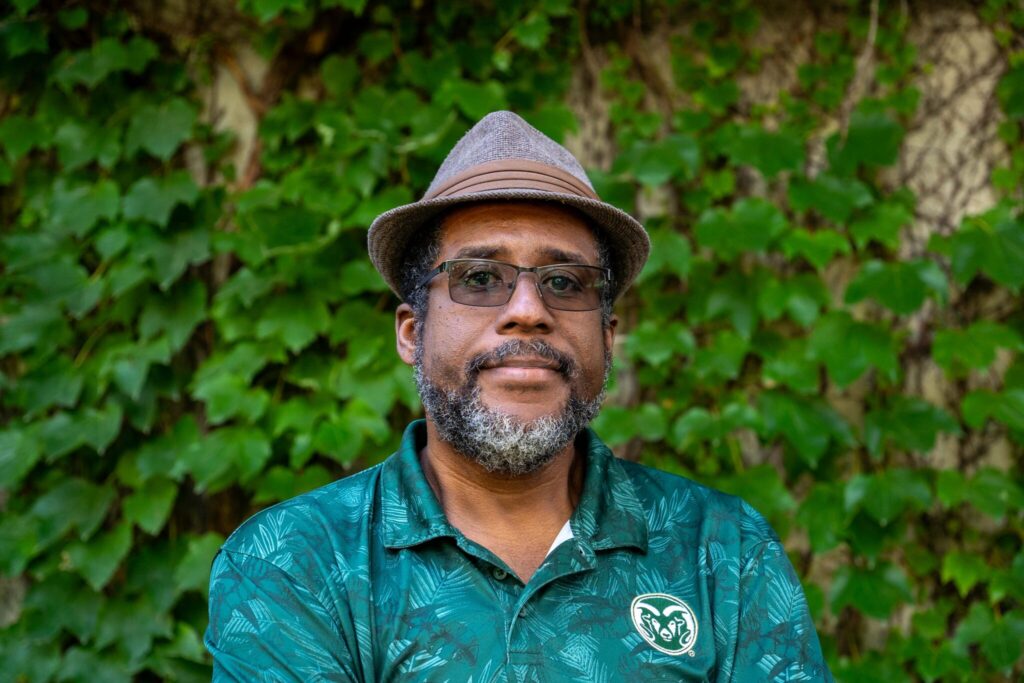
John Wilson, an assistant professor at the Department of Food Science and Human Nutrition at Colorado State University, is fostering curiosity in fermentation science, building on his family’s long tradition of passing down fermentation skills through the generations. Drawn to the Fermentation Science and Technology Program, Wilson came to CSU in 2016 as a student to earn his advanced degrees.
Tell us a bit about yourself!
I am originally from Atlanta, Georgia, but my family calls Baltimore, Maryland, home. I completed my undergraduate studies in English literature at Morehouse College in Atlanta and completed a Master of International Relations at Bond University in Robina, Australia. I love gardening, hiking with my dogs, playing with my kids, and international travel with my family.
What brought you to Food Science and Human Nutrition at CSU?
The department’s focus on fermentation as a discipline interested me most. Fermentation is a practice that holds communities together. The collaborative spirit of this department makes it an ideal place to explore novel questions in science and fosters the types of innovation that have the most impact on industry and the community at large.
What are your research and/or teaching interests, and how did you get interested in that topic?
Both sides of my family have used fermentation to help make ends meet since emancipation. We have passed these skills down from generation to generation. During my years living and working abroad, I saw the impact that fermentation has on its host communities. Unfortunately, traditional fermentation techniques are not widely researched. I believe exploring traditional fermentation techniques can help us troubleshoot current challenges in the commercial food system. I’m interested in researching how traditional techniques can help us improve public health and nutrition and diversify product offerings to the consumer.
What impact do you hope to have in your role at CSU?
I hope to instill respect for these products and processes in our students so they recognize there is value in the food traditions outside of the Global West and foster innovations inspired by traditions they have not previously encountered.
What is your teaching philosophy?
I don’t believe it is possible for a single class to provide students with all the knowledge they need to master a subject. With that in mind, I seek to foster curiosity in my students and provide them with the skills to explore their interests on their own. In academia, we often separate science from the humanities, but science is just a tool to meet the needs of human society. Once students understand that, it is easy to foster passion around science, regardless of a student’s background and focus.
What is your favorite thing about CSU so far?
There is a strong spirit of collaboration here on campus. The faculty and staff here foster an environment of curiosity that drives innovation. It’s great to work in a space where people explore new ideas with an earnest commitment to discovery.
The Department of Food Science and Human Nutrition is part of CSU’s College of Health and Human Sciences.